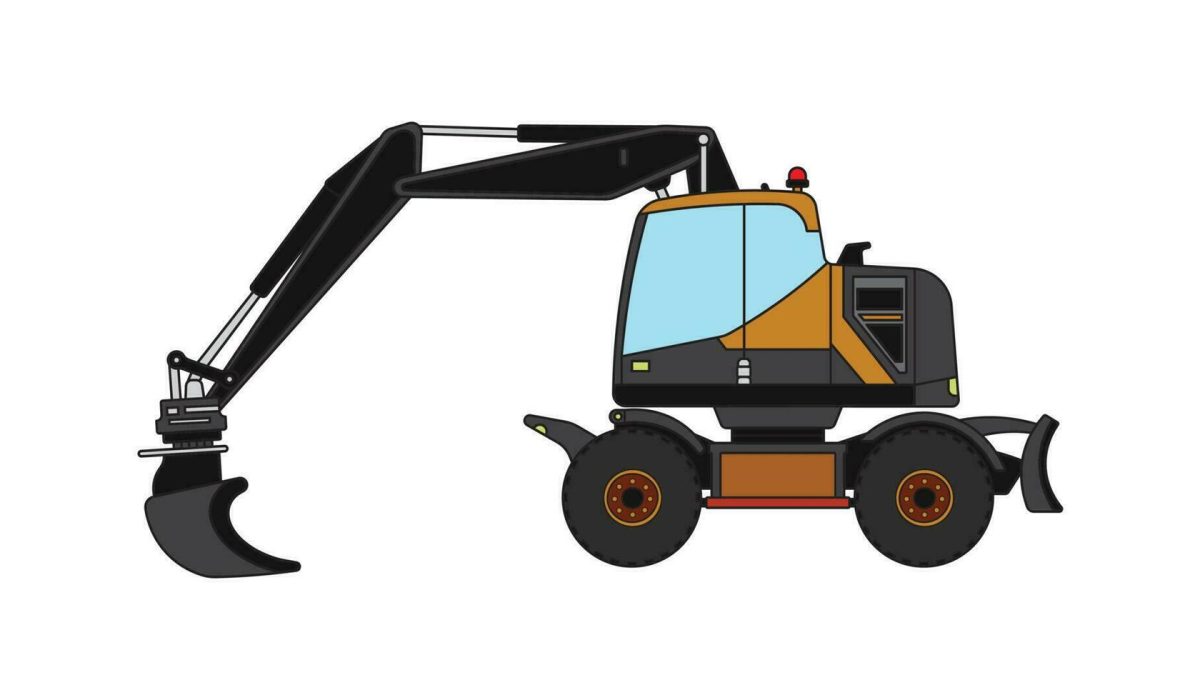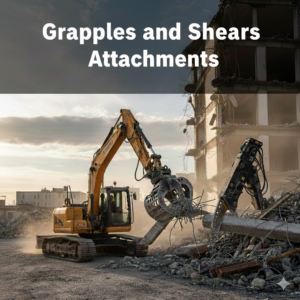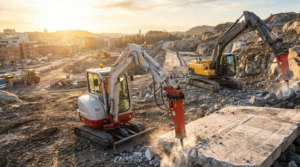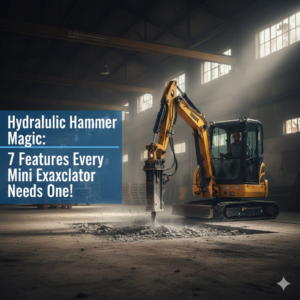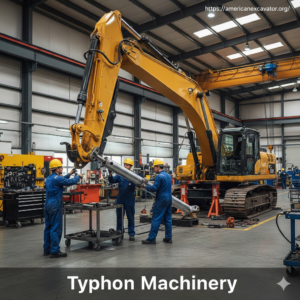Excavators play a pivotal role in the realm of heavy construction equipment, offering unmatched capabilities in digging, lifting, and material handling. Among the diverse array of excavators available, crawler excavators and wheeled excavators stand out as popular choices, each with its unique strengths and weaknesses. In this article, we delve into a comprehensive comparison between these two types of excavators to elucidate their distinct characteristics and applications.
1. Mobility:
Crawler Excavator:
Equipped with tracks, crawler excavators excel in navigating rough and uneven terrains with ease. Their superior traction makes them well-suited for challenging environments like muddy or rocky construction sites. However, they might face limitations in speed on smoother surfaces, such as roads.
Wheeled Excavator:
Mounted on wheels, wheeled excavators offer higher travel speeds on paved surfaces, making them ideal for urban construction projects. While they provide excellent mobility on flat terrains, they may struggle in rough or soft conditions due to reduced traction compared to crawler excavators.
2. Versatility:
Crawler Excavator:
Renowned for their adaptability, crawler excavators boast a wide range of attachments, enabling them to tackle various construction tasks with precision. Their stability and ability to rotate 360 degrees make them invaluable for intricate work in confined spaces.
Wheeled Excavator:
While versatile, wheeled excavators may have slightly fewer attachment options due to limitations posed by their wheels. Nonetheless, they remain proficient in tasks such as digging, loading, and lifting.
Learn More: Global Mini Excavators Market Analysis 2023
3. Ground Pressure:
Crawler Excavator:
The larger footprint of crawler excavators, courtesy of their tracks, results in lower ground pressure. This characteristic allows them to operate efficiently in adverse weather conditions without sinking into soft ground.
Wheeled Excavator:
With their weight concentrated on wheels, wheeled excavators exhibit higher ground pressure, making them more prone to sinking in soft terrain. However, they perform admirably on firm surfaces and urban areas.
4. Stability:
Crawler Excavator:
The tracks provide crawler excavators with excellent stability, enabling them to handle heavy loads and navigate uneven terrain with minimal risk of tipping over.
Wheeled Excavator:
While slightly less stable than crawler excavators, modern wheeled excavators feature advanced stabilization systems to mitigate tipping risks, especially on rough terrain.
5. Transportation:
Crawler Excavator:
Transporting crawler excavators necessitates additional equipment like flatbed trailers or low loaders, contributing to increased operational costs and time.
Wheeled Excavator:
Wheeled excavators can move under their own power on standard roads, eliminating the need for additional transportation equipment and reducing costs and time associated with transportation.
6. Fuel Efficiency:
Crawler Excavator:
Crawler excavators tend to use more fuel because of the friction that tracks create, especially on smooth surfaces, which makes them slightly less fuel-efficient.
Wheeled Excavator:
Wheeled excavators generally exhibit better fuel efficiency owing to their ability to travel on roads with lower friction, reducing fuel consumption during transportation.
Learn More: Top 8 Excavator Attachments To Transform Your Business
7. Maintenance:
Crawler Excavator:
The undercarriage of crawler excavators requires regular maintenance due to the wear and tear experienced by tracks and related components, potentially leading to higher maintenance costs.
Wheeled Excavator:
With a simpler design, wheeled excavators entail relatively straightforward maintenance compared to crawler excavators, although wheels and associated components still require regular inspection and upkeep.
Conclusion:
Crawler excavators and wheeled excavators offer distinct advantages and trade-offs, catering to diverse construction needs and environments. Understanding the nuances between these two types of excavators is essential for selecting the most suitable option based on project requirements and working conditions.
Whether navigating rugged terrain or maneuvering through urban landscapes, both crawler and wheeled excavators play indispensable roles in the realm of heavy construction equipment.

